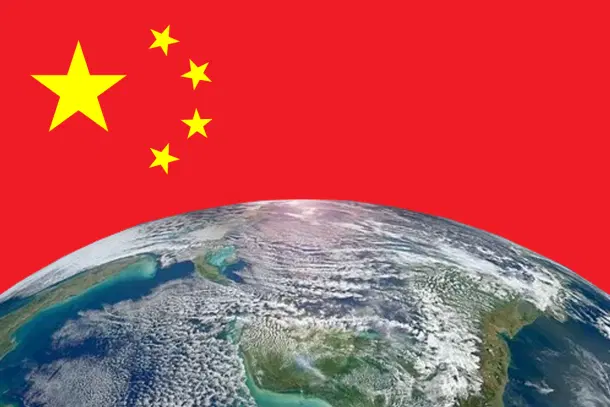News Brief
China's NREGA: Beijing Asks Local Governments To Skip Machines, Hire Manual Labour Instead
Swarajya Staff
Feb 18, 2023, 02:38 PM | Updated 04:12 PM IST
Save & read from anywhere!
Bookmark stories for easy access on any device or the Swarajya app.


After a year of economic slowdown and dented consumption, the Chinese Communist Party (CCP) regime in Beijing has a new directive for the provincial governments; prioritise people over machines when it comes to employment prospects.
Irrespective of the efficiency of the machines, the provincial governments are being asked to recruit more people.
The directive came earlier this year from the National Development and Reform Commission of China, focusing on employment opportunities for the local population.
Witnessing the change in the nature of the economy, as it moves towards technology-driven manufacturing from conventional cheap labour, the decree from the government revised the guidelines of the rural relief programme, also known as ‘Yi Gong Dai Zhen’ in China.
The government in Beijing is worried for the 300 million migrant workers, making up for almost one-fourth of the nation’s population, given jobs in factories and construction sites are not as easily available as before. Moreover, the slowdown in the real estate sector has also hit employment.
Further, the recession anticipated for this year, globally, could also hit China’s exports. For Beijing, this will be a cause of concern for the relaxation in the Covid-zero policy will bring more people into the job market.
Analysts observing China are sceptical about the job growth this year, even as the country is estimated to register a stronger growth rate.
Majorly, workers in the country without skills will be impacted the most, according to economists.
However, given the employment surveys in the country are largely focused on urban areas, the impact in the rural areas can’t be gauged with accuracy.
The situation is grim in urban regions as well, with youth unemployment being as high as 17 per cent, according to some reports.
China’s rural relief programme has been similar to a rural employment guarantee, aiding workers in times of economic hardships, and has been operational for over four decades.
In August, a state media report claimed that between January 2021 and June 2022, Beijing had invested over $2.1 billion to create employment for over 300,000 low-skilled individuals in the countryside.
Government funds will be deployed for financing small to medium-size infrastructure projects, ushering more employment.
However, with the slowdown in the real estate sector, it’s not an option Beijing can use endlessly. Temporary relief, yes, but the measure is not expected to spur growth hit by Xi Jinping's Covid-zero policy.
For China’s residents, the new debate on social media is between willingly created labour-intensive jobs and cost-effective deployment of technologies.
For Beijing, it’s all about getting the economy going, as early as possible.





